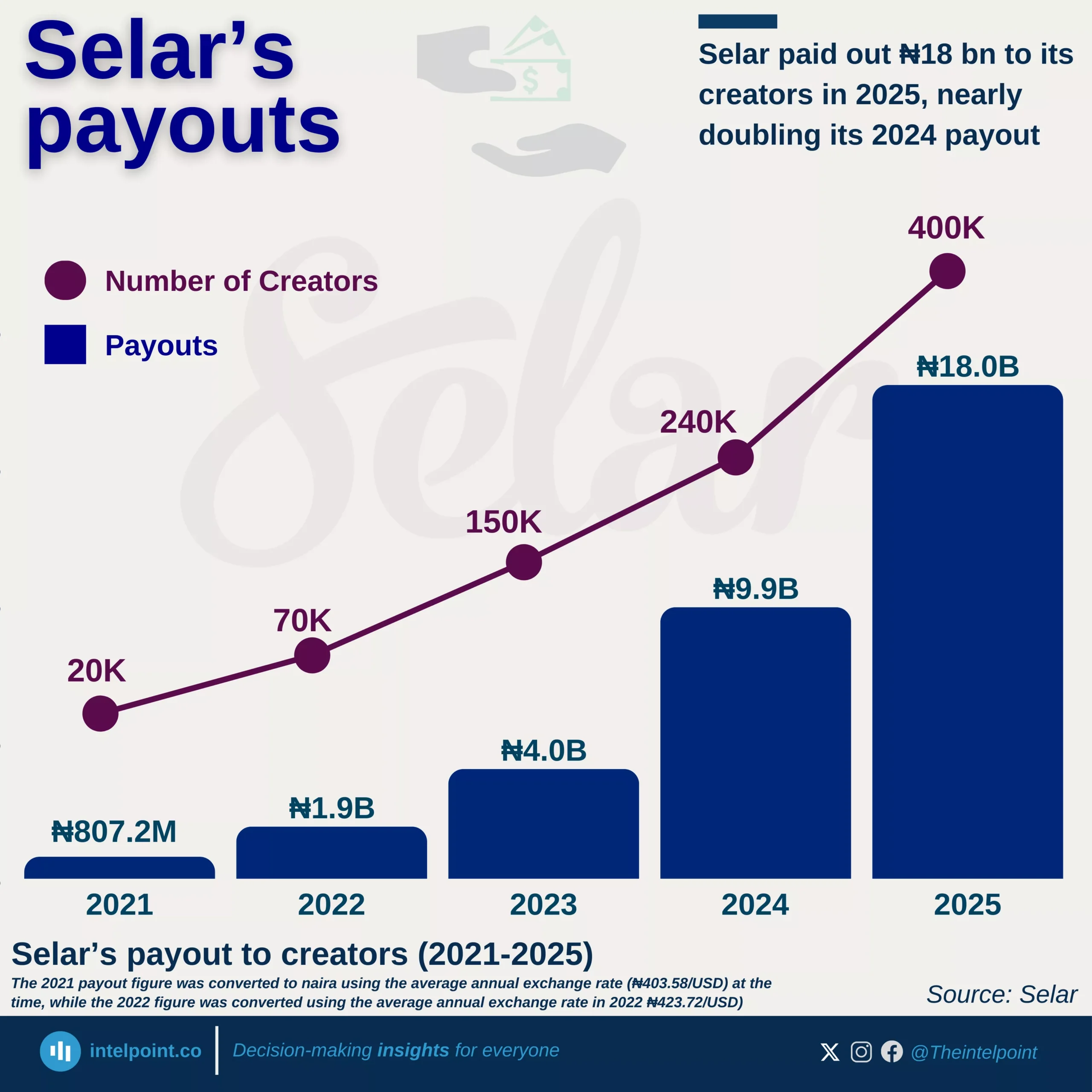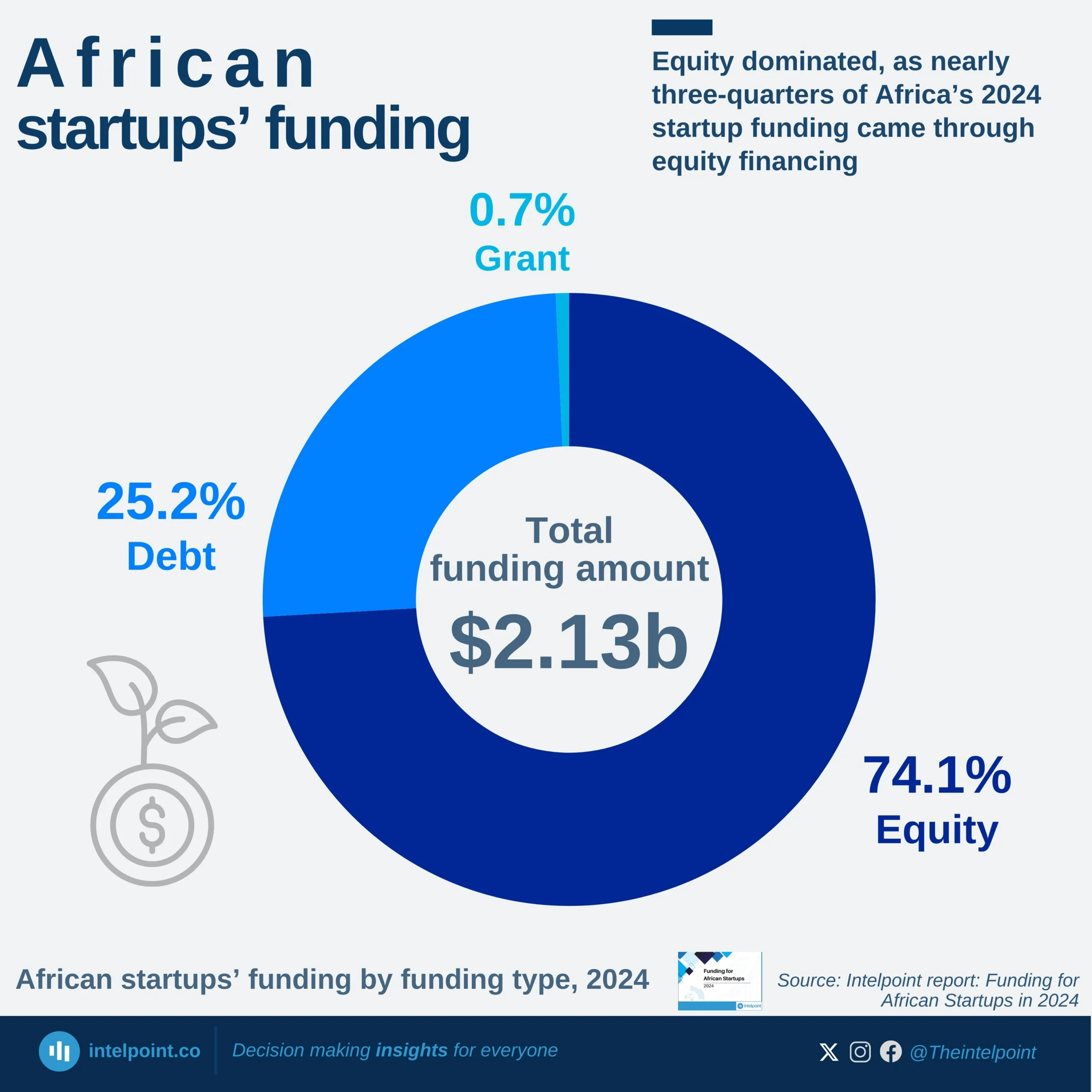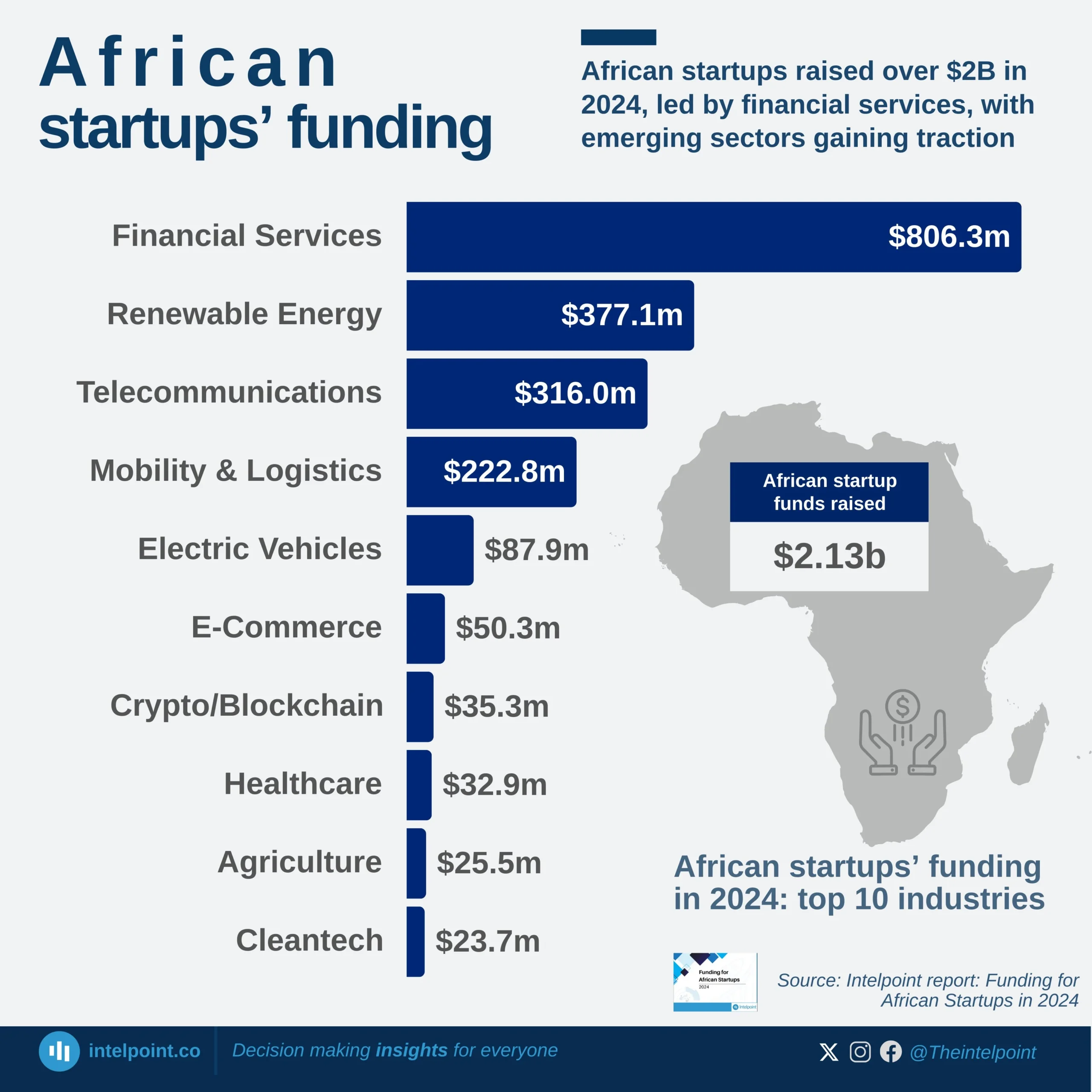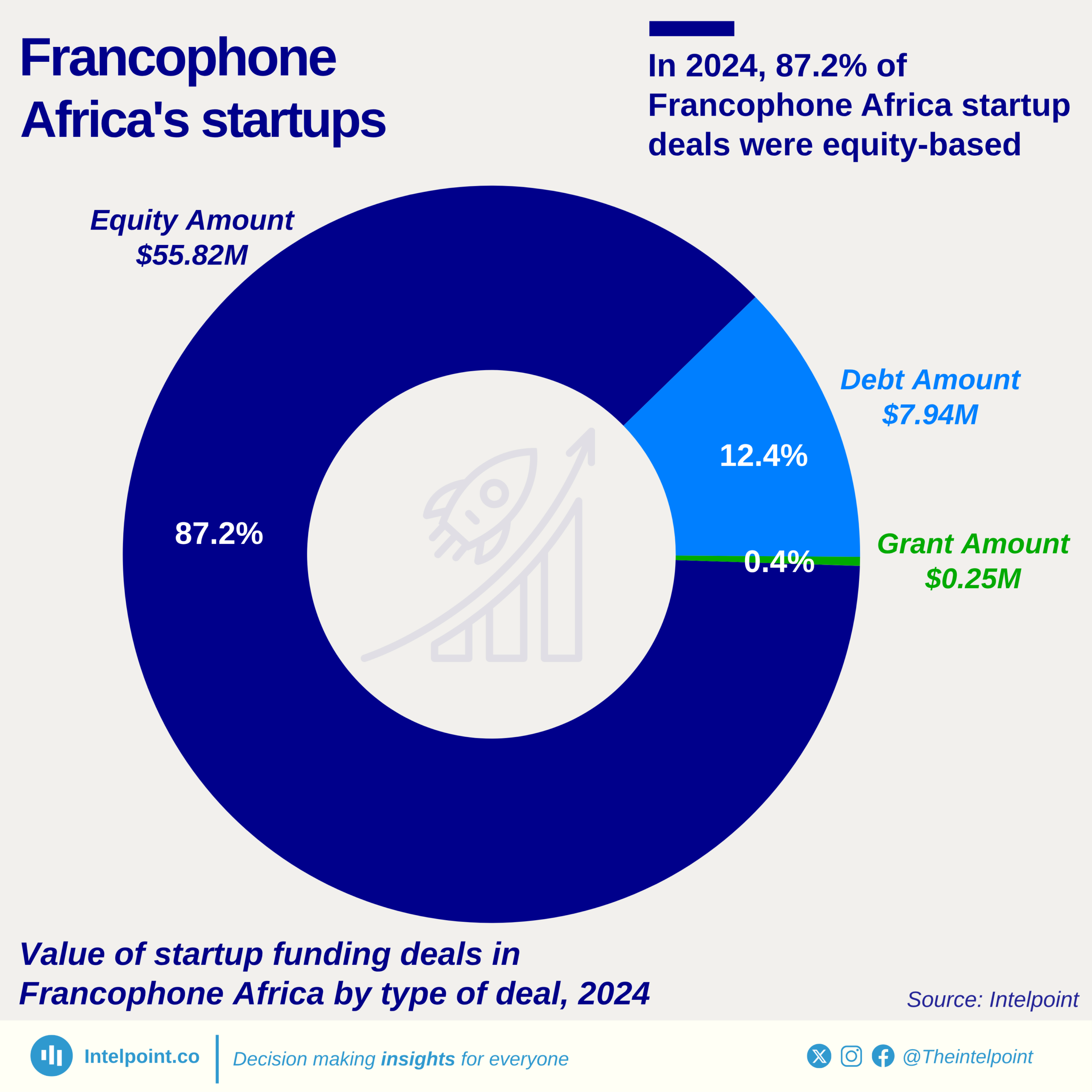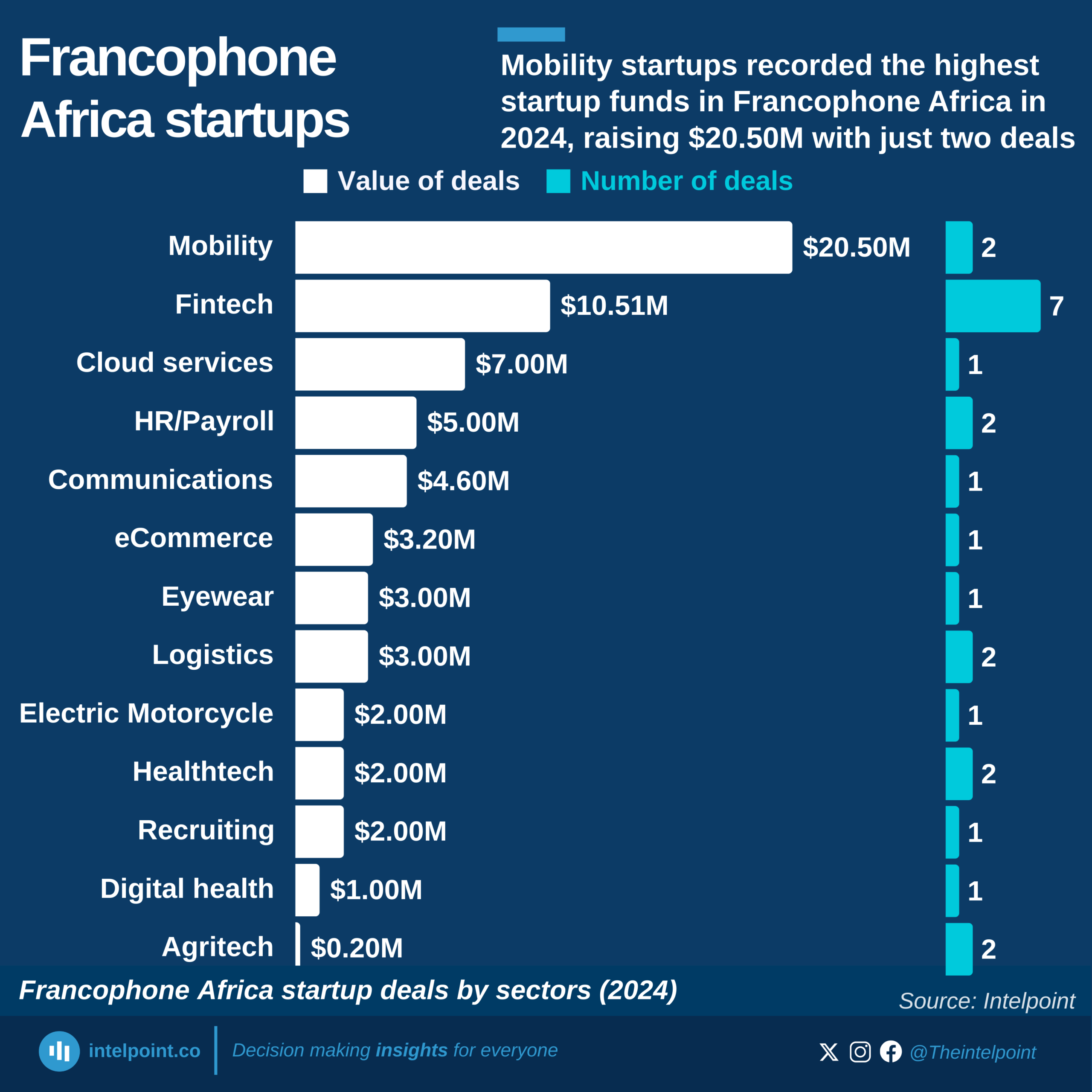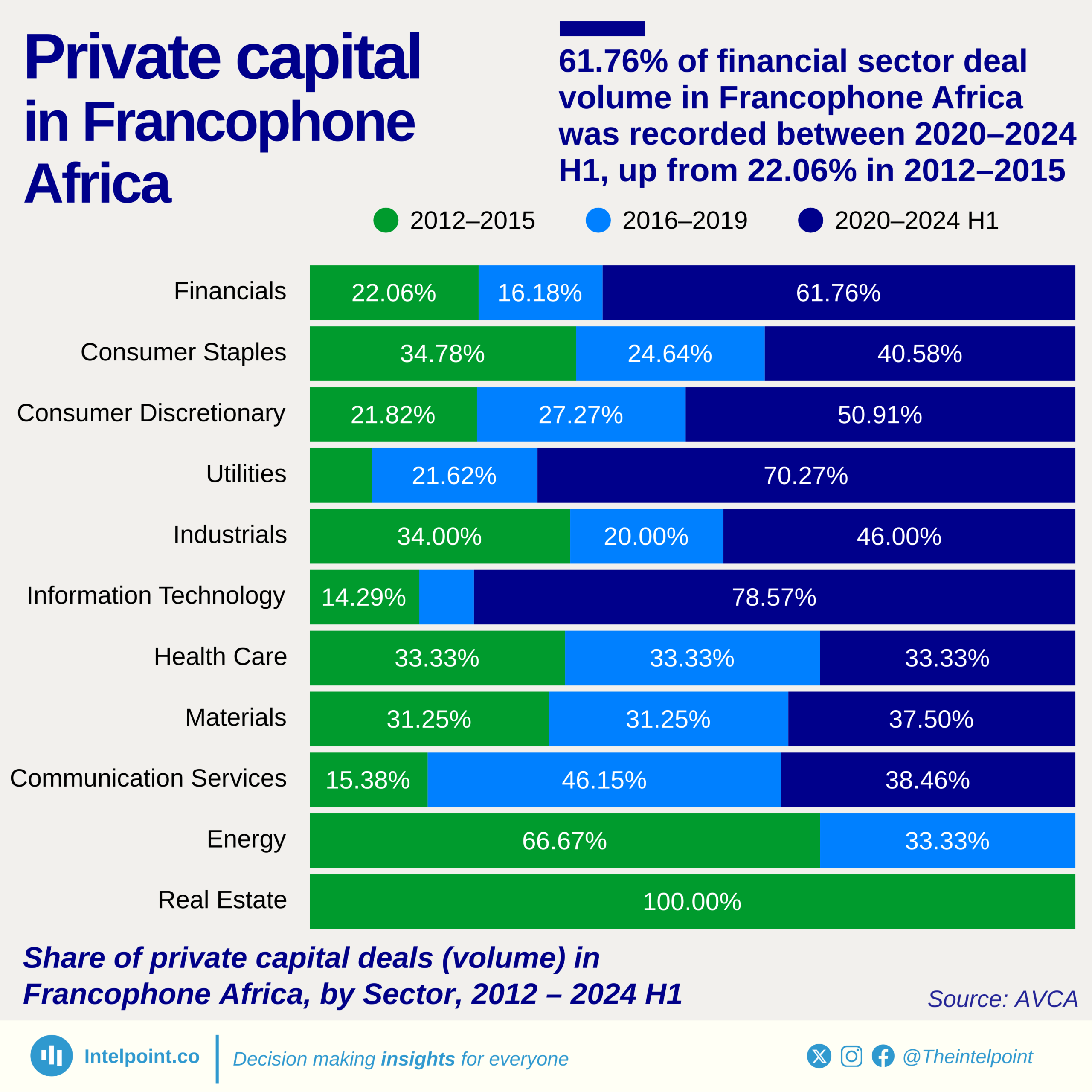Jumia's journey from a startup in Lagos to Africa's first unicorn is a story of bold steps, high valuations, and hard resets. Between 2012 and 2016, Jumia raised hundreds of millions of euros, building what became the first truly pan-African e-commerce network. Its valuation soared to $550M by 2014 and hit unicorn status by 2015–2016 with a €300M raise led by MTN, AXA, and Rocket Internet. These funds allowed Jumia to build its own logistics and payments infrastructure, crucial in a region where last-mile delivery is tough and third-party options are limited.
The company's IPO in 2019 was a historic moment, marking the first African tech listing on the NYSE. The initial excitement was short-lived, however, after Citron Research labelled Jumia a “fraud,” leading to a 50% drop in share price. This backlash damaged investor confidence and started a new phase of skepticism that the company would struggle to shake.
In the years that followed, Jumia pivoted sharply. From 2020 to 2023, it exited non-core markets like Cameroon, Tanzania, and Rwanda, while streamlining operations under new leadership. Francis Dufay's cost-cutting measures reshaped Jumia into a leaner player focused on fewer countries and tighter logistics control. This shift marked the company’s transition from a hyper-growth startup to a disciplined operator. By 2024, South Africa and Tunisia were gone too, and warehouse operations were consolidated in Nigeria and Morocco.
